New York Gov. Andrew Cuomo accused of sexually harassing multiple women resigns
The three-term Democratic governor of New York who was accused of sexually harassing about a dozen women has resigned from office, in an apparent effort to head off his almost certain impeachment and conviction in the state Legislature.
Andrew Cuomo announced to step down on Tuesday after a report released by state Attorney General Letitia James (D) found he sexually harassed 11 women, including some who worked in his office.
Cuomo faced an impeachment hearing in the state Assembly that was almost guaranteed to invoke a trial in the state Senate. He could not have survived potential impeachment proceedings.
"Given the circumstances, the best way I can help now is if I step aside and let government get back to government, and therefore that is what I'll do, because I work for you, and doing the right thing, is doing the right thing for you," Cuomo said in a televised address.
Lt. Gov. Kathy Hochul, a fellow Democrat, will serve the rest of his term when the resignation becomes effective in two weeks.
Prosecutors had launched a criminal investigation after the August 3 report concluded that Cuomo sexually harassed 11 women, including current and former state employees, in violation of the law.
The report depicted a "toxic" workplace environment under Cuomo, which allowed the governor’s behavior to go overlooked.
Cuomo, who had faced growing calls to resign, denied any wrongdoing, saying last week that he "never touched anyone inappropriately or made inappropriate sexual advances."
Scores of Democrats, including President Joe Biden, have urged the governor to step down or face an impeachment battle.
About two-thirds of state Assembly members had already said they favor the impeachment trial if Cuomo refuses to leave office.
“I think the majority of us feel that the governor is not in a position to lead the state any longer, and that’s not a temporary position,” said Assembly member John McDonald, a Democrat.
Cuomo’s lawyers, however, had vigorously attacked the credibility and motives of his accusers and promised a drawn-out fight to make sure the governor stays in office.
Cuomo apologized to his accusers, but he claimed he did not believe he stepped over a red line requiring removal from office. He framed his decision as one necessary to avoid divisiveness that would bring the state's government to a halt.
"It is a matter of life and death," he said, referring to the immediate need to combat the COVID pandemic. "Government operations and wasting energy on distraction is the last thing government should be. I cannot be the cause. New York tough means New York loving. And I love New York and I love you. Everything I have ever done has been motivated by that love and I would never want to be unhelpful in any way."
Cuomo’s resignation also came in the wake of widespread questions about his handling of the coronavirus pandemic, particularly in the state's nursing homes.

Trump fires top US general in unprecedented purge of military leadership
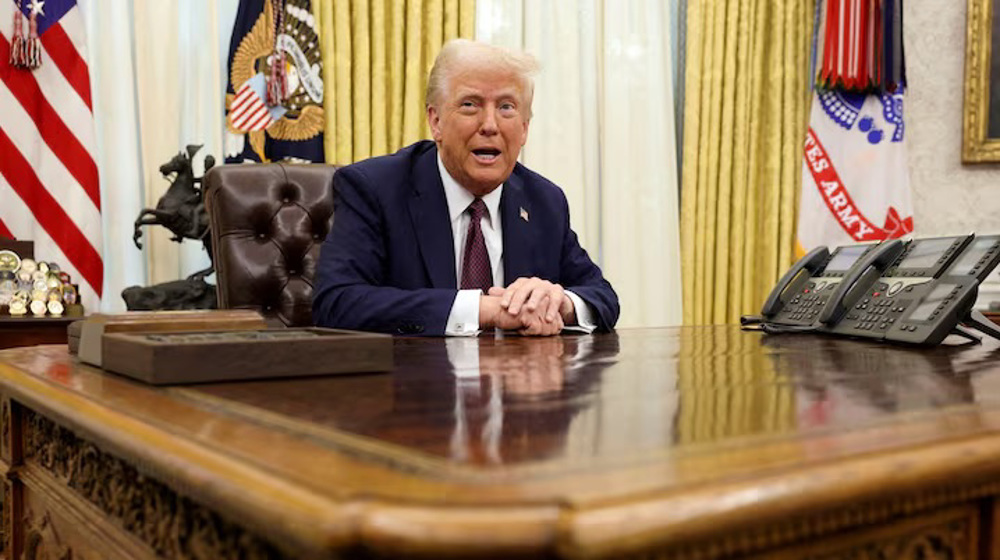
AP sues three US officials over barred access to presidential events

‘No legal prohibition’ on sale of Shahed drone: Iran’s UN mission
Shocking details of Israeli army’s massacre of 90 civilians from Juha family in Gaza
VIDEO | Lebanese resistance remains alive
Iran’s daily sweet gas production peaks at 870 mcm: NIGC
Nasrallah shattered myth of Israeli military’s invincibility: Top Yemeni official
Iran says it has attracted $8.2bn of foreign investment since Aug
‘Misguided policies’: Araghchi says unjust sanctions inflict suffering on innocent Iranians
Iran summons Polish envoy over 'baseless, biased' drone claims
Election winner conservative Merz invites Netanyahu to Germany despite ICC warrant


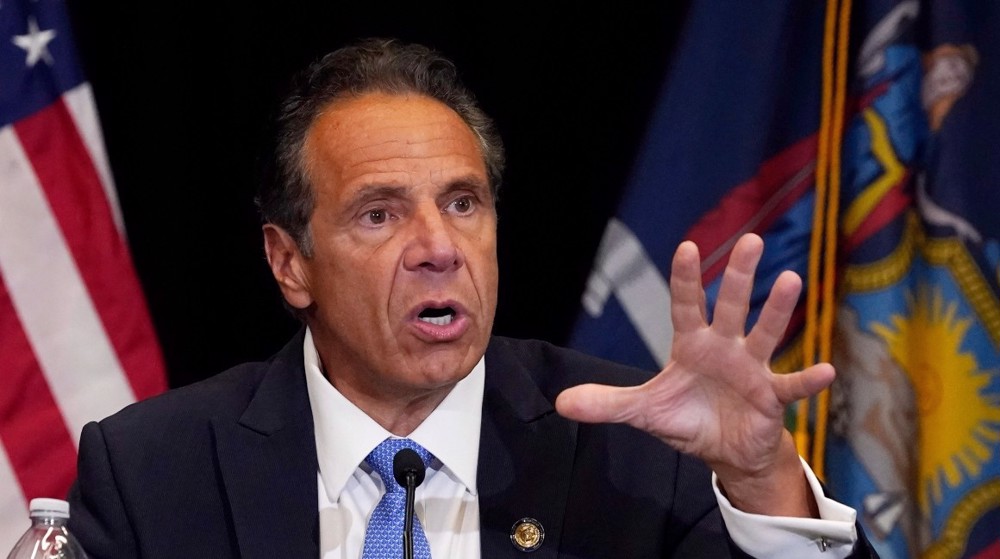
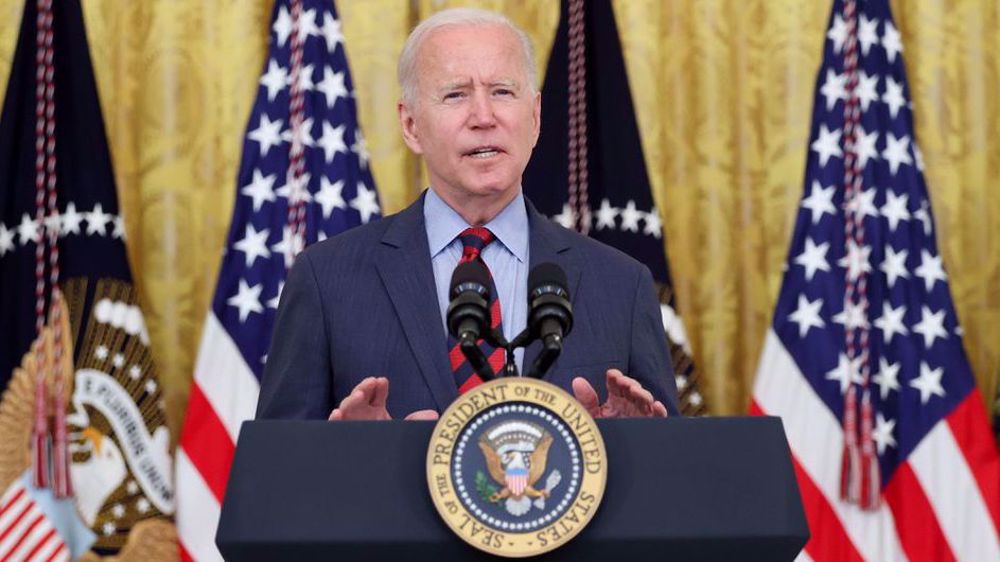



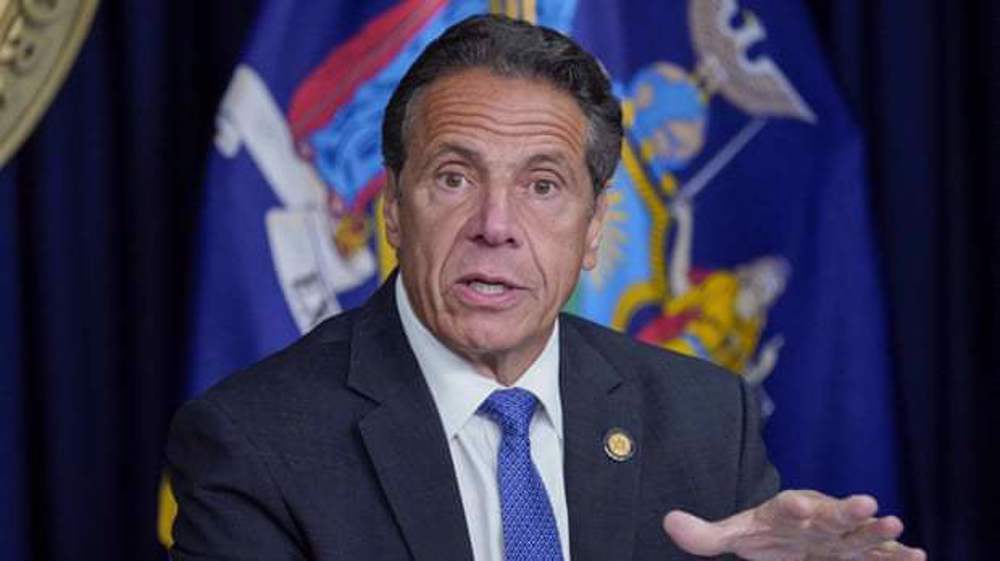
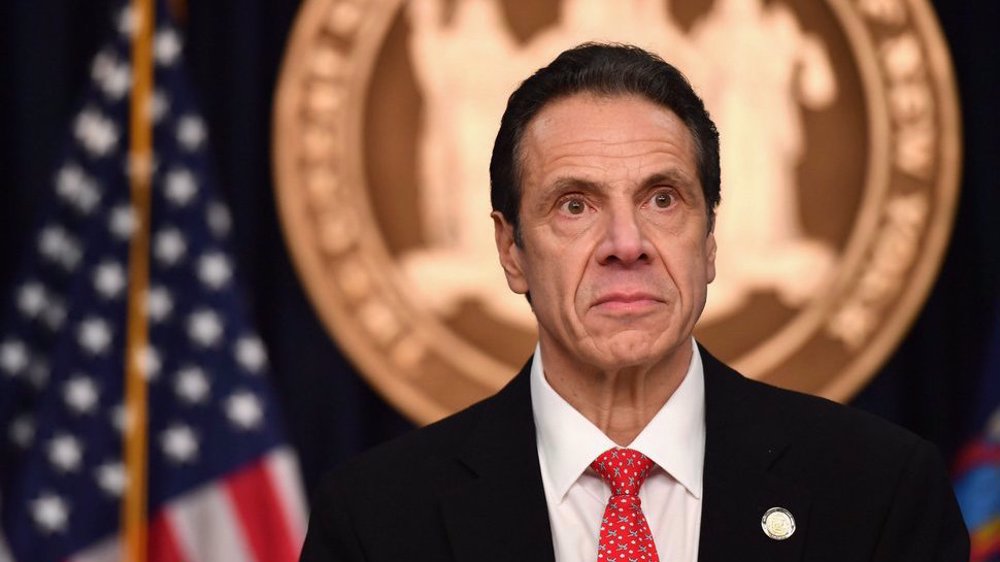
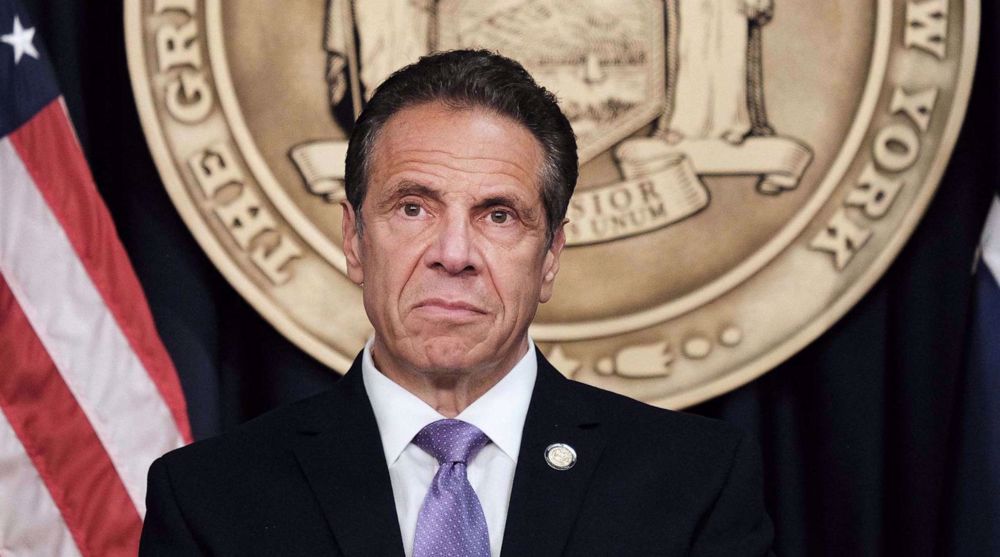
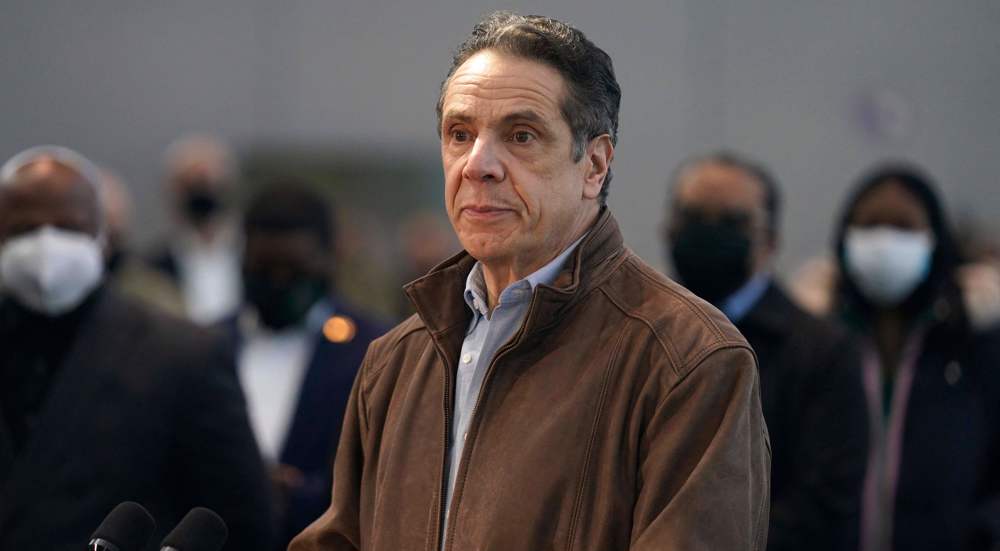
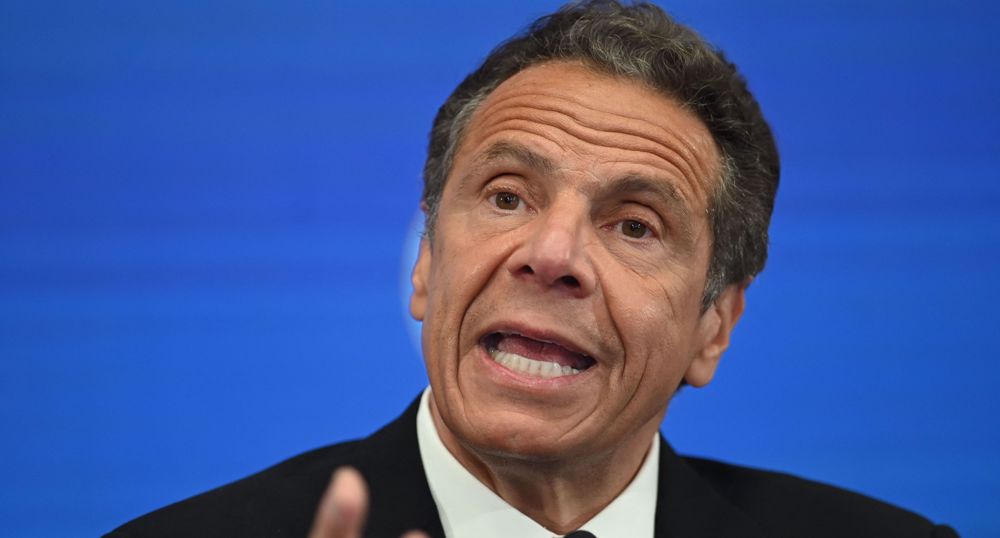

 This makes it easy to access the Press TV website
This makes it easy to access the Press TV website